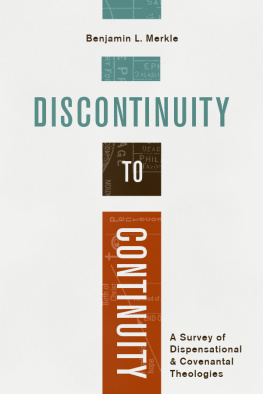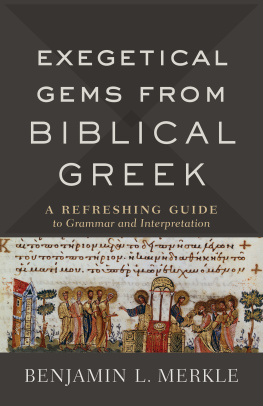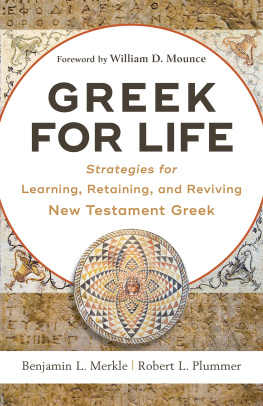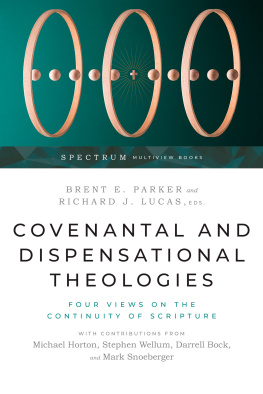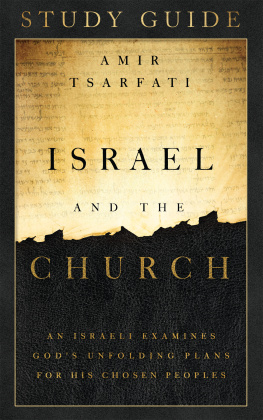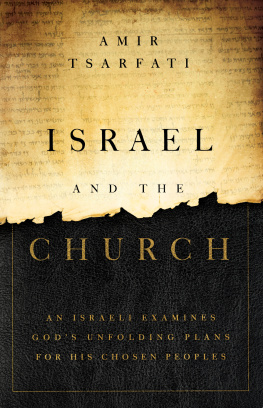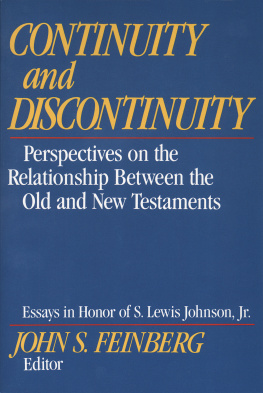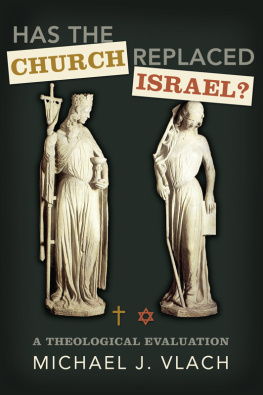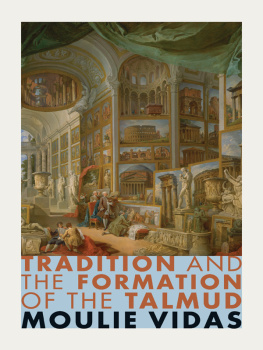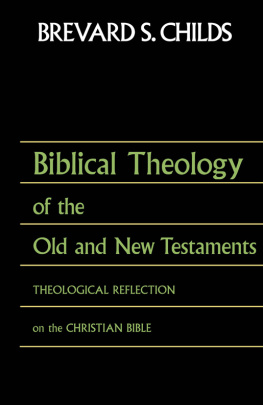Benjamin L. Merkle
DISCONTINUITY
TO
CONTINUITY
A Survey of Dispensational & Convenatal Theologies

From Discontinuity to Continuity: A Survey of Dispensational and Covenantal Theologies.
Copyright 2020 Benjamin L. Merkle
Lexham Press, 1313 Commercial St., Bellingham, WA 98225
LexhamPress.com
You may use brief quotations from this resource in presentations, articles, and books. For all other uses, please write Lexham Press for permission. E-mail us at .
Unless otherwise noted, Scripture quotations are from The Holy Bible, English Standard Version, copyright 2001 by Crossway Bibles, a division of Good News Publishers. Used by permission. All rights reserved.
Scripture quotations marked CSB are from the Christian Standard Bible, Copyright 2017 by Holman Bible Publishers. Used by permission. Christian Standard Bible and CSB are federally registered trademarks of Holman Bible Publishers.
Scripture quotations marked NIV are from the Holy Bible, New International Version. Copyright 1973, 1978, 1984, 2011 by International Bible Society. Used by permission of Zondervan. All rights reserved.
Scripture quotations marked NIV 84 are from the Holy Bible, New International Version. Copyright 1973, 1978, 1984 by International Bible Society. Used by permission of Zondervan. All rights reserved.
Scripture quotations marked NLT are from the Holy Bible, New Living Translation, copyright 1996, 2004. Used by permission of Tyndale House Publishers, Inc., Wheaton, Illinois 60189. All rights reserved.
Scripture quotations marked KJV are from the King James Version of the Bible. Public domain.
Print ISBN
Digital ISBN: 9781683593881
Lexham Editorial: Thom Blair, Elliot Ritzema
Cover Design: Kristen Cork
CONTENTS
BDAG | Bauer, W., F. W. Danker, W. F. Arndt, and F. W. Gingrich, A Greek English Lexicon of the New Testament and Other Early Christian Literature. 3rd edition. Chicago, 2000. |
BSAC | Bibliotheca Sacra |
CTR | Creswell Theological Review |
EBC | Expositors Bible Commentary |
JETS | Journal of the Evangelical Theological Society |
TRINJ | Trinity Journal |
MSJ | The Masters Seminary Journal |
WTJ | Westminster Theological Journal |
It is a great privilege and joy to be able to write books that are for both the church and the academy. This undertaking is never done in isolation. Even if I had written this book while on a personal retreat in a cabin in the mountains, I would have had as conversation partners all the saints whose works are referenced in this book. They all have taught and challenged me along the way, and I am grateful for those who have diligently studied Scripture and have sought to present a biblical and coherent theological and hermeneutical system.
Although I have my preference of theological system, I have tried to silence my own opinion. Instead, this book is descriptive in nature. My goal is mainly to inform rather than persuade. It is often only when we are adequately informed that the viability of our own position is challenged. The reality is that no one has a perfect system, and so we need to humbly learn from others. Not only is life a journey, but our understanding of how the Bible fits together is also a journey. I am thankful that God is patient with us along this journey.
I am also grateful for all my students over the years who have taken my Advanced Hermeneutics course (also known as Ninja Hermeneutics). The idea for this book came directly from teaching that course and sensing the need for students to be able to analyze and assess views other than their own. They have helped modify the structure and questions that are central to this book. Special thanks to Michael Guyer, who helped me draft the introductory chapter, and Alysha Clark, who double-checked every reference in the footnotes and proofread the manuscript. I am incredibly grateful for the six scholars who offered valuable feedback for those chapters that represent (or nearly represent) their views. In particular, Im appreciative of Tommy Ice (classic dispensationalism), Michael Vlach (revised dispensationalism), Craig Blaising (progressive dispensationalism), Steve Wellum (progressive covenantalism), Richard Lints (covenant theology), and Kenneth Gentry (Christian reconstructionism). The feedback I received from them has helped fine-tune the explanations of their views. Any deficiencies are my own and do not reflect their input.
Finally, I am grateful for the word of God, which reveals Jesus as the fulfillment of Gods promises to his people. All the promises of God are yes and amen in him (2 Cor 1:20).
B efore you delve into the heart of this book, allow me to share four practical ways in which I believe every person reading this book should seek to benefit from it. Although they may not be your main purposes in picking up this book, I think it would be helpful for every reader to seriously consider them.
KNOW WHAT YOU BELIEVE
Sometimes we dont know how much we dont know about a topic until we begin to learn how much there is to know. As you read this book, you may not be confident in precisely how you would answer some of the questions that are addressed. Or, perhaps you will realize that your view is a smorgasbord of various systems with no noticeable consistency. Many of us have places in our theological system where the right hand does not know what the left is doingin other words, we are guilty of affirming an inconsistent theological system. I am not necessarily referring to those places where we acknowledge that we dont have a suitable answer for our beliefs but places where our theological positions are incompatible, so that if our right hand did know what our left hand was doing, our right hand would vehemently object.
By studying various theological systems, we are able to test the consistency of our own. Maybe we affirm a particular position but arent sure why we do so. Hopefully, this study will cause you to think deeply about what you believe and why you believe it. And if you find some glaring inconsistencies, you can humbly search Gods word for answers. In the end, we want to know what we believenot only to know the word of God better, but to know the God of the word better. We want to rightly handle the word of truth (2 Tim 2:15) so that we wont be ashamed or bring shame to Christ. We know that we who teach will be judged with greater strictness (Jas 3:1), and therefore should make serious effort to teach what accords with sound doctrine (Titus 2:1).
APPRECIATE THE VIEWS OF OTHERS
When we dont understand others theological systems, it is easy to dismiss their views or, worse, demonize them. It is far too easy to attach some impure motives to those who disagree with us and question their spirituality. For example, if someone disagrees with your view of baptism, it is easy to think that they (1) dont know the Bible well, (2) have hidden sin in their life that keeps them from knowing the truth, or (3) have been deceived by some false teaching. From our perspective, their view makes no sense and seems utterly ridiculous.
But once we understand someones theological framework and hermeneutical commitments, and not just their interpretation of a particular text, their view begins to at least make sense. It might be true that their view seems unlikely according to our theological perspective, but once we put on their theological spectacles, their view begins to seem possible and even plausible. Now, this does not mean that truth is relative or that all options are equally viable. But it does mean that there is probably a good reason why a view has been affirmed and held by many faithful Christians throughout the history of the church. By learning the systems of others, we are able to understand and even value that which we dont necessarily affirm.

